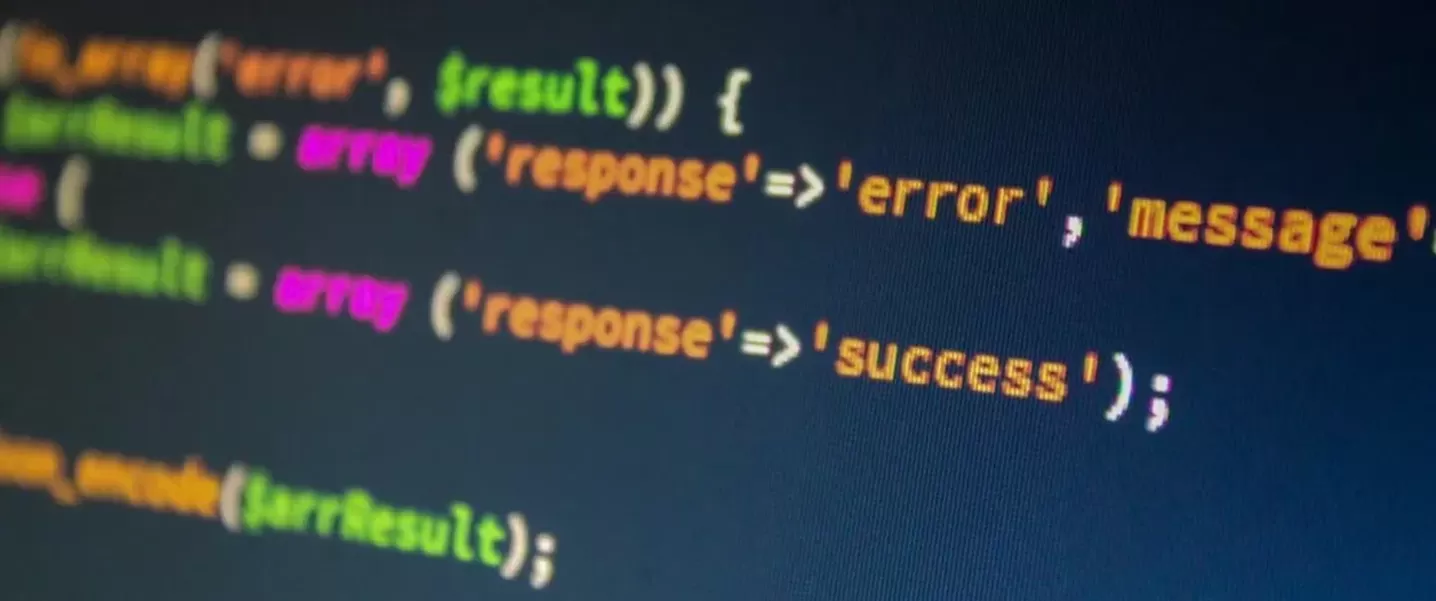When it comes to choosing a content management system (CMS) for your website, two popular options are WordPress and Laravel. While WordPress is well-known for its user-friendly interface and extensive plugin ecosystem, Laravel is favored by developers for its robust security features. In this blog, we'll discuss why Laravel is the better choice when it comes to security.
Laravel is built with security in mind.
Unlike WordPress, which was initially designed as a blogging platform, Laravel was built from the ground up as a web application framework. This means that security was a top priority in its design, and its architecture is geared towards preventing common web application vulnerabilities such as SQL injection, cross-site scripting (XSS), and cross-site request forgery (CSRF).
Laravel has built-in authentication and authorization.
Authentication and authorization are essential components of any secure web application, and Laravel makes them easy to implement. Laravel's built-in authentication system handles user login, registration, and password reset functionality out of the box. It also includes authorization features such as roles and permissions, allowing you to control what users can access and what actions they can perform.
Laravel uses the latest security features and techniques.
Laravel is constantly updated to incorporate the latest security features and techniques. For example, Laravel 8 includes support for two-factor authentication, which adds an extra layer of security by requiring users to enter a code from their phone in addition to their password. Laravel also includes features such as encryption, hashing, and middleware to further enhance security.
Laravel has a smaller attack surface than WordPress.
One of the biggest security risks with WordPress is its extensive plugin ecosystem. While plugins can add functionality to your site, they can also introduce vulnerabilities. The more plugins you have installed, the larger your site's attack surface becomes. Laravel, on the other hand, has a smaller attack surface since it doesn't rely on plugins to add functionality.
Laravel is less targeted by hackers.
WordPress is the most popular CMS in the world, powering over 40% of all websites. This popularity makes it a prime target for hackers, who are constantly looking for vulnerabilities to exploit. Laravel, on the other hand, is less popular and less targeted by hackers, making it less likely to be compromised.
In conclusion, while WordPress is a great choice for small, simple sites, Laravel is the better choice when it comes to security. Its built-in authentication and authorization, focus on security in its design, and constant updates to incorporate the latest security features make it the more secure option. So if you're building a web application that requires robust security, consider using Laravel instead of WordPress.




